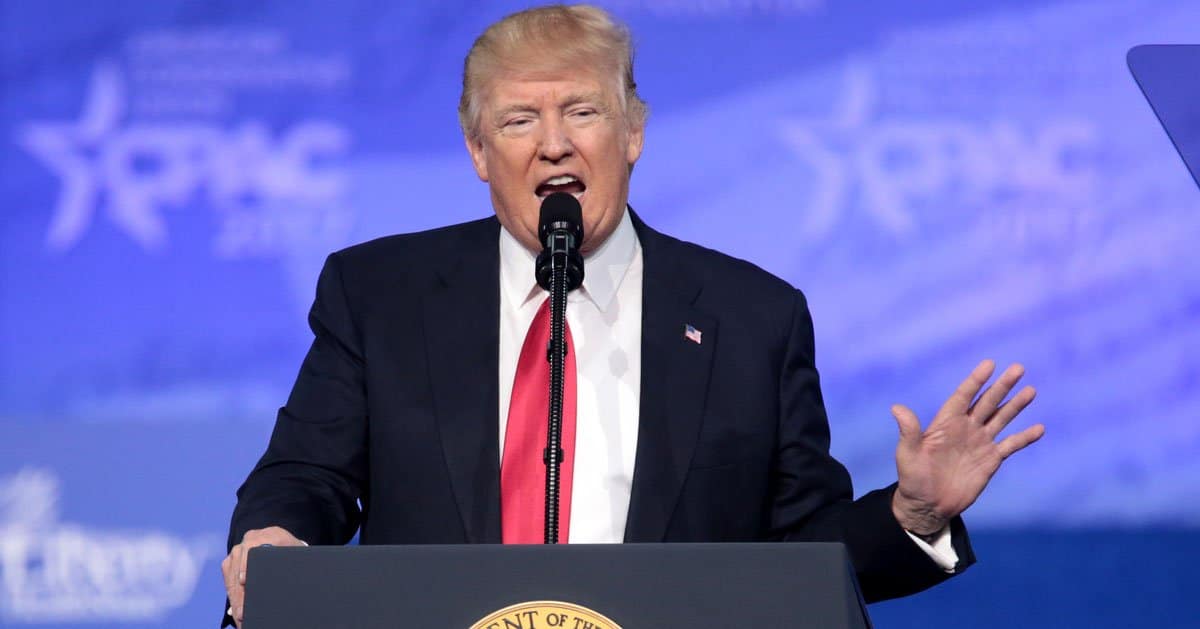








In a surprising clash of commerce and conviction, a Build-A-Bear Workshop in Tukwila, Washington, has sparked controversy by refusing to name a teen's plush toy after the late conservative figure Charlie Kirk.
Fox Business reported that on September 26, 2025, 16-year-old Evi McCormick faced an unexpected roadblock at the Southcenter Mall store while trying to honor the recently assassinated founder of Turning Point USA, an idea inspired by a popular TikTok trend.
This incident isn’t just about a teddy bear; it’s about where personal beliefs collide with customer service in a culture increasingly quick to take offense.
What should have been a fun outing for McCormick and her friends turned into a moment of discomfort when a store employee flat-out rejected printing Kirk’s name on the toy’s birth certificate. Let’s be honest—since when did naming a stuffed animal become a political battlefield?
McCormick had spent time crafting her custom bear, a gesture meant to pay tribute to a man she admired for his eloquent conservative voice.
"I was just mesmerized and captivated that he could speak with such elegance," she said. But admiration doesn’t pay the bills when an employee decides your hero’s name is a step too far for a piece of paper.
The refusal wasn’t subtle or apologetic, either. McCormick described the employee’s reaction as dismissive, claiming the worker simply didn’t support the idea and shut it down cold. If Build-A-Bear is about creating personal memories, this moment was memorable for all the wrong reasons.
Shaken by the encounter, McCormick couldn’t even complete the purchase herself, handing her card to her friend Kailie Lang and stepping away from the counter.
Lang later noted, "It definitely made us all very uncomfortable." And who wouldn’t feel uneasy when a simple request turns into a public stand-off?
The incident didn’t end at the checkout line, thankfully, as McCormick’s mother, Amber, took the issue up with Build-A-Bear’s corporate headquarters.
After nearly an hour on the phone, the family was offered a $20 gift card as compensation for what was clearly subpar customer service. A nice gesture, perhaps, but does it really stitch up the wound of being told your values don’t belong on a toy?
Days later, Build-A-Bear followed up with a more sincere apology to Amber McCormick, admitting the incident was a misstep that should never have occurred. It’s a start, but one wonders why it took multiple calls to get to this point. Shouldn’t a company built on whimsy and personalization know better than to let politics sneak into playtime?
Amber McCormick relayed that the company assured her they’re taking steps to prevent similar situations. "She said that their goal is to try to prevent this sort of situation from happening to anybody else," she explained. That’s a noble aim, but only time will tell if corporate promises translate to real change at the store level.
Build-A-Bear didn’t stop at apologies; they informed Amber McCormick that they plan to train employees in the Seattle area to keep personal politics out of the workplace.
In an era where every interaction seems loaded with ideological baggage, this move feels like a rare acknowledgment that not every space needs to be a soapbox. Maybe there’s hope yet for businesses to focus on customers over crusades.
Meanwhile, the Tukwila store manager declined to comment to local news outlet KING5, leaving the public to wonder just how deep the disconnect runs. Silence might be golden, but it doesn’t exactly scream accountability. If anything, it fuels the perception that some employees feel justified in drawing lines where none should exist.
A Build-A-Bear customer service representative told KING5 the matter is being handled internally, which sounds like corporate speak for “we’ll figure it out behind closed doors.”
That’s fine, but when a teenager’s innocent tribute gets caught in the crosshairs of an employee’s personal views, the public deserves more transparency. After all, isn’t the whole point of Build-A-Bear to build memories, not barriers?
This incident isn’t just a one-off; it reflects a broader cultural tension where even the smallest choices—like naming a toy—can be weaponized in the name of ideology.
When a company allows employees to inject personal biases into customer interactions, it risks alienating half the room before the bear even gets its stuffing. Isn’t it time we let kids and their plush pals stay out of the culture wars?



